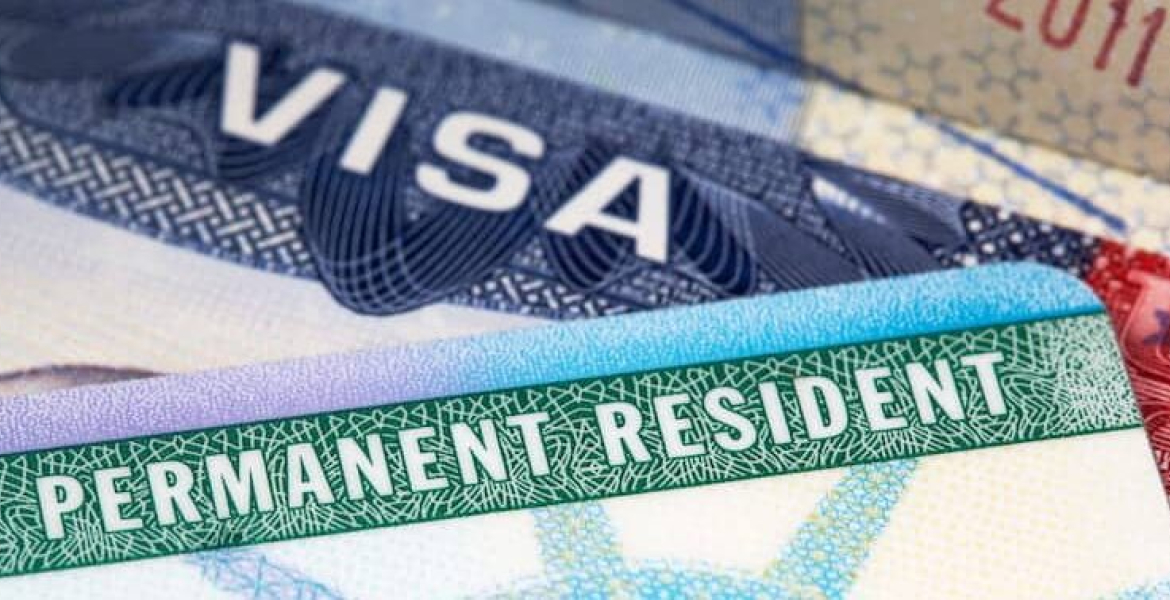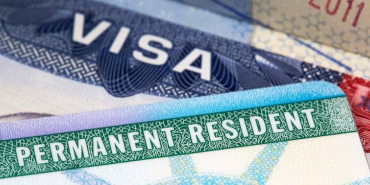Can Green Card Holders Lose Residency After a Year Abroad?

Lawful permanent residents returning to the United States are facing stricter checks at airports and land crossings, with some being refused re-entry after overseas travel.
Under the Trump administration’s enforcement approach, immigration officers have increased scrutiny of green card holders, particularly those who have spent extended periods abroad. Although a green card grants the right to live and work in the United States indefinitely, that status can be questioned if officials believe the holder no longer maintains residence in the country.
Federal rules state that a green card becomes invalid for re-entry if the holder has been outside the United States for one year or more. However, even shorter absences may prompt questioning if officers suspect the person has established a home elsewhere.
In such cases, travellers must provide evidence of continued ties to the United States, such as employment, property ownership, or close family connections.
Lawful permanent residents planning long trips are advised to obtain a re-entry permit before leaving the country. Issued through Form I-131, this permit demonstrates an intent to keep US residence and allows the holder to return after up to two years abroad without needing a returning resident visa.
The application must be submitted while the person is physically in the United States, preferably at least 60 days before departure. After biometrics are collected, the permit can be sent to a US embassy or consulate overseas for collection.
Immigration lawyers warn that travelling without a re-entry permit may result in referral to an immigration judge, who could decide that the person has abandoned permanent resident status.
“Extended absences can raise questions at re-entry, so maintaining strong ties and presence is always advisable,” said Dmitry Litvinov, CEO of Dreem, a migration consultancy.
The issue also affects those seeking US citizenship. Applicants for naturalisation must show five years of continuous residence in the country, and any absence longer than six months is presumed to interrupt that continuity.








Add new comment